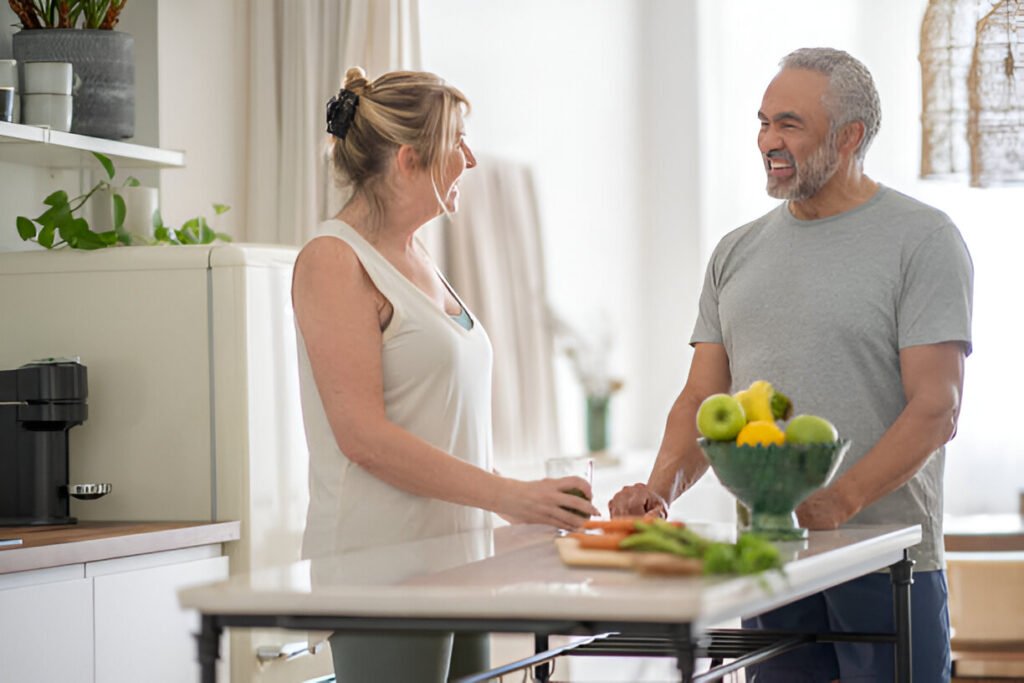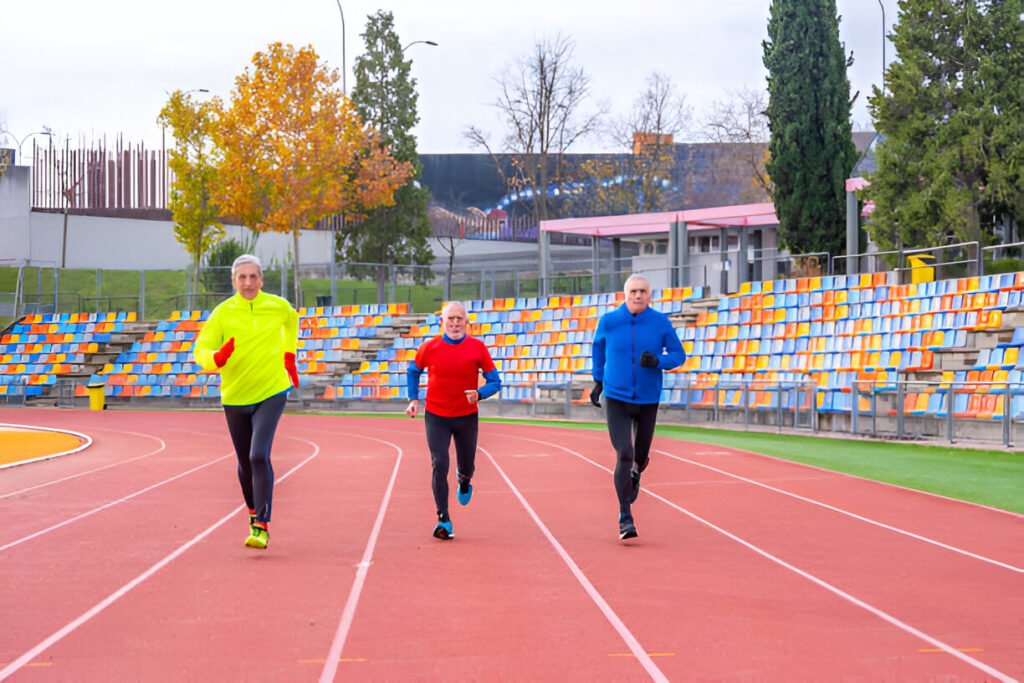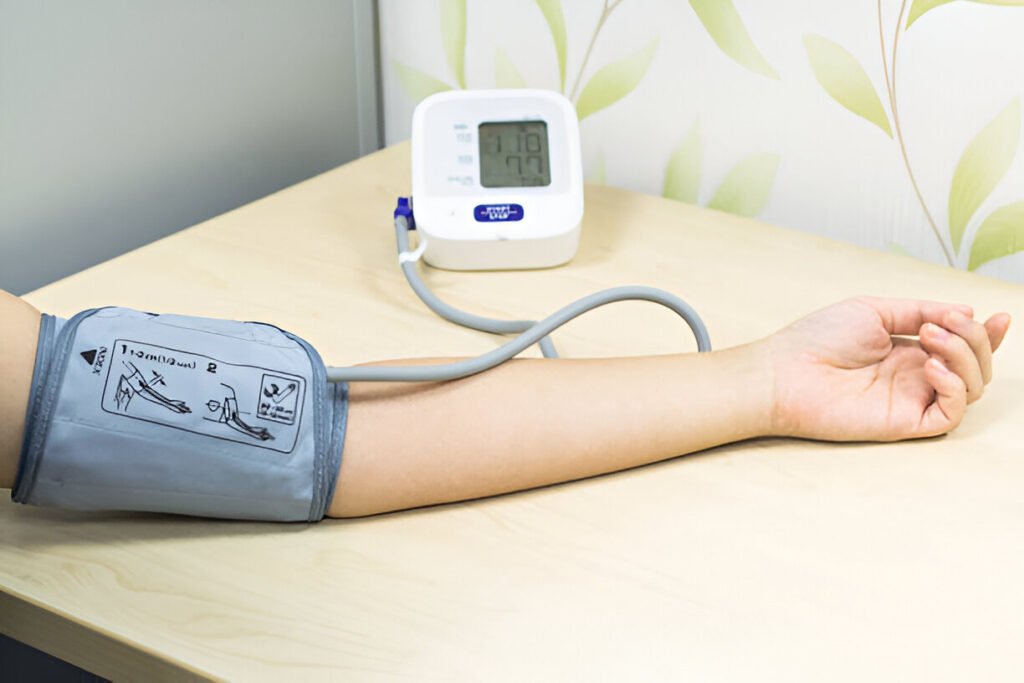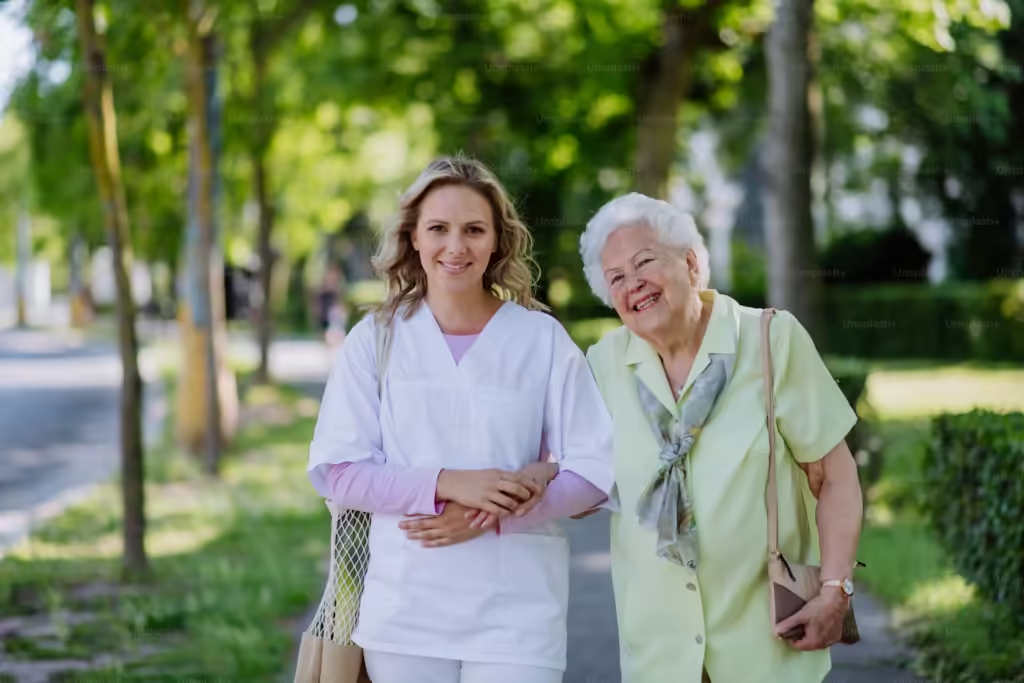Ageing gracefully means growing older while prioritizing physical, mental, and emotional well-being. This approach encourages individuals to embrace the ageing process positively, making intentional lifestyle choices that enhance their overall quality of life. Rather than viewing ageing as a decline, it can be seen as an opportunity for growth and self-improvement.
The significance of a healthy lifestyle in the ageing process cannot be overstated. Proper nutrition, regular physical activity, and mental wellness are essential components that contribute to longevity and a reduced risk of chronic diseases. By focusing on these aspects, individuals can improve their vitality and well-being, leading to a more fulfilling life as they age.
To age gracefully, it’s vital to address key areas such as nutrition, exercise, mental health, sleep, and preventive healthcare. Each of these components plays a crucial role in maintaining overall health and vitality, helping individuals navigate the ageing process with confidence and resilience. Prioritizing these areas empowers people to lead healthier, happier lives as they grow older. Ageing gracefully is attainable by taking the following measures:
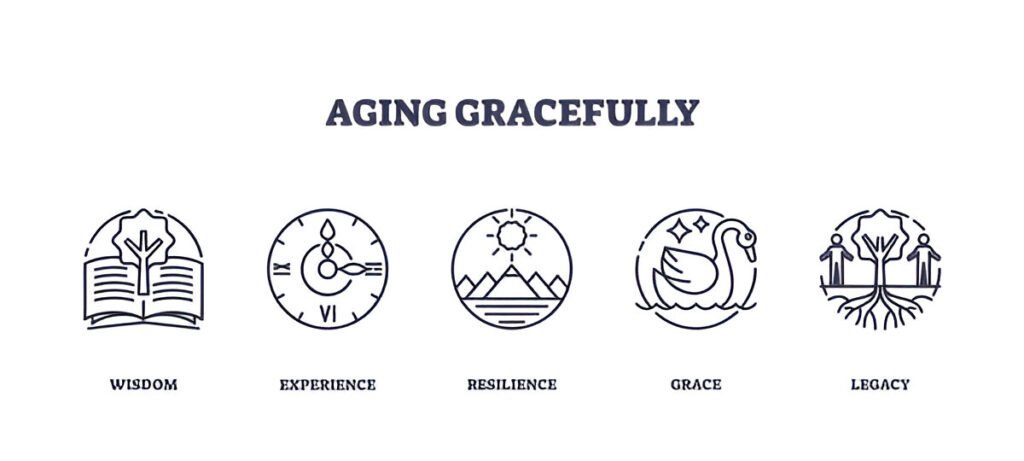
1. Nutrition for Healthy Aging
Nutrition plays a pivotal role in healthy ageing by providing essential nutrients that support overall health and help prevent age-related diseases. A balanced diet ensures the body functions optimally, enhances immune system response, and promotes healthy skin. Key macronutrients—proteins, carbohydrates, and healthy fats—are vital; proteins aid in muscle repair and immune function, carbohydrates offer sustained energy through whole grains, and healthy fats from sources like avocados and nuts support healthy brain function and hormone balance. Additionally, important micronutrients, including vitamins B12, D, and E, with minerals like calcium and magnesium, are crucial for bone health and cognitive function.
To support healthy ageing, certain foods should be emphasized in the diet. Antioxidant-rich foods such as berries, dark chocolate, and leafy greens help combat oxidative stress and lower the risk of chronic diseases. Incorporating Omega-3 fatty acids from fatty fish like salmon and sardines, as well as flaxseeds, is important for cardiovascular health and cognitive function. Whole grains, such as quinoa, brown rice, and oats, not only maintain energy levels but also improve digestion, making them a vital component of a nutrient-rich diet.
Hydration is equally essential for healthy ageing, affecting skin elasticity, cognitive function, and overall wellness. It is recommended to drink at least eight glasses of water daily, with adjustments based on activity level and climate. Dehydration can have serious consequences, leading to confusion, reduced kidney function, and increased susceptibility to illness. Therefore, maintaining adequate hydration is crucial for supporting physical and cognitive health as we age.
2. Physical Activity and Exercise
Regular physical activity is crucial for healthy ageing, offering numerous benefits that enhance mobility, reduce the risk of chronic diseases, and improve overall mood. Engaging in exercises that promote flexibility and mobility, such as stretching, helps maintain joint health and reduces stiffness, allowing for more fluid movement. Additionally, aerobic activities like walking, swimming, or cycling improve cardiovascular health and increase stamina, making daily activities easier and more enjoyable.
Seniors should focus on a variety of exercises to ensure comprehensive health benefits. The recommendation is to engage in at least 150 minutes of moderate aerobic activity each week, which includes enjoyable options like brisk walking or dancing. Incorporating strength training exercises 2-3 times a week is also important to prevent muscle loss and enhance bone density. Furthermore, practices such as yoga and Tai Chi can improve balance and flexibility, significantly reducing the risk of falls and promoting overall physical stability.
Creating a sustainable exercise routine is key to long-term success. Choosing activities that are enjoyable makes it easier to stay committed while setting achievable goals helps maintain motivation. Gradually increasing the intensity of workouts ensures continual improvement and adaptation. By integrating various forms of exercise into their routine, individuals can cultivate a balanced and effective approach to maintaining their health as they age.
3. Mental and Emotional Well-being
Mental and emotional well-being is essential for overall health and significantly influences physical well-being. Positive mental states enhance resilience against stress and illness, making it crucial to prioritize mental health as we age. Recognizing the interconnectedness of mental and physical health allows individuals to approach ageing with a holistic mindset, improving both life satisfaction and health outcomes.
To maintain mental agility, engaging in lifelong learning and hobbies is vital. Trying new activities not only keeps the mind active but also enhances cognitive function and emotional health. Pursuing interests, whether through classes, reading, or creative projects, fosters a sense of purpose and fulfilment. Additionally, nurturing strong social connections with family and friends is essential for combating loneliness and depression, which can be detrimental to emotional well-being. Active participation in community activities can also strengthen these connections and provide valuable support networks.
Incorporating mindfulness and stress management techniques can further enhance mental well-being. Practising mindfulness meditation promotes emotional resilience and helps reduce anxiety, fostering a positive outlook on life. Additionally, simple deep breathing exercises can effectively manage stress and promote relaxation, contributing to better overall mental health. By prioritizing these strategies, individuals can cultivate a healthier mind, equipping themselves to face the challenges of ageing with confidence and positivity.
4. Sleep and Rest
Quality sleep is essential for healthy ageing, playing a critical role in physical health, cognitive function, and emotional well-being. Adequate sleep aids in bodily repair and hormone regulation, making it vital for maintaining overall health as we age. Without proper rest, individuals may experience cognitive decline, mood disturbances, and weakened immune function, all of which can significantly affect their quality of life.
To improve sleep quality, it’s important to adopt effective sleep hygiene practices. Maintaining a consistent sleep schedule, creating a restful environment, and limiting screen time before bed can significantly enhance sleep. Additionally, establishing a calming bedtime routine—such as reading or gentle stretching—signals to the body that it’s time to wind down, promoting relaxation and facilitating a better night’s sleep. By prioritizing these practices, individuals can support their health and well-being through restorative rest.
5. Preventive Healthcare
Preventive healthcare is crucial for maintaining health as we age, and regular check-ups play a key role in this process. Routine medical visits allow for the early detection of potential health issues, facilitating timely intervention and effective management. By catching problems early, individuals can make informed decisions about their health and take proactive steps to prevent complications down the line.
Staying updated on vaccinations and screenings is another essential aspect of preventive healthcare. Vaccinations, such as those for the flu and pneumonia, help protect against serious illnesses that can have severe consequences for older adults. Regular screenings for conditions like high blood pressure and cholesterol are equally important, as they provide valuable insights into one’s health status and can guide necessary lifestyle adjustments or treatments.
Additionally, understanding common age-related health issues, such as diabetes, hypertension, and arthritis, empowers individuals to manage their health proactively. By being aware of these conditions, people can adopt lifestyle changes—such as improved nutrition, increased physical activity, and stress management—that significantly reduce their risk and enhance their overall well-being. This proactive approach to health helps ensure a better quality of life as one age.

Conclusion
Ageing gracefully is attainable by focusing on balanced nutrition, regular exercise, mental wellness, adequate sleep, and preventive healthcare. These key components work together to enhance physical health and promote overall well-being, making it possible to navigate the ageing process with vitality and confidence.
Embracing a healthy lifestyle extends beyond mere physical health; it significantly enhances life satisfaction and resilience as we grow older. By prioritizing wellness, individuals can cultivate a more fulfilling life experience, fostering longevity and a sense of purpose and joy.
Ultimately, a positive outlook on ageing, paired with proactive health choices can lead to a vibrant and fulfilling life at any age. By adopting these practices, individuals can enjoy the journey of ageing, transforming it into an opportunity for growth and enrichment.

